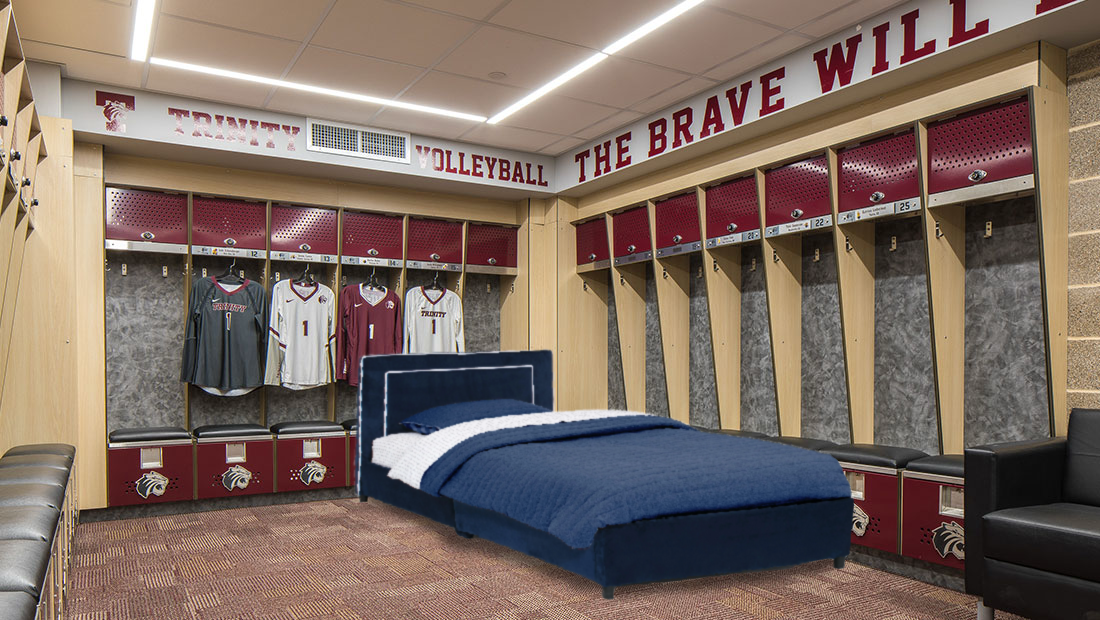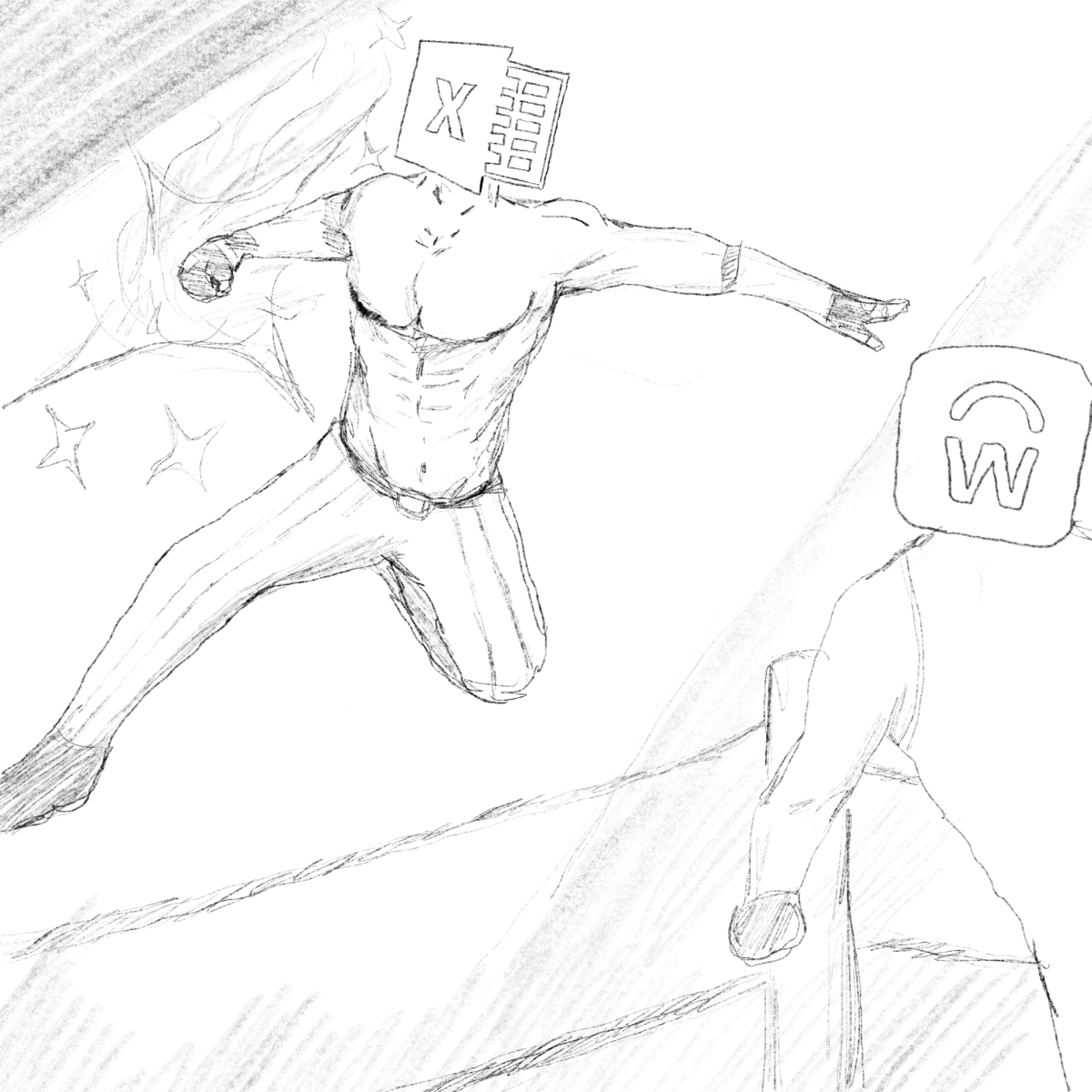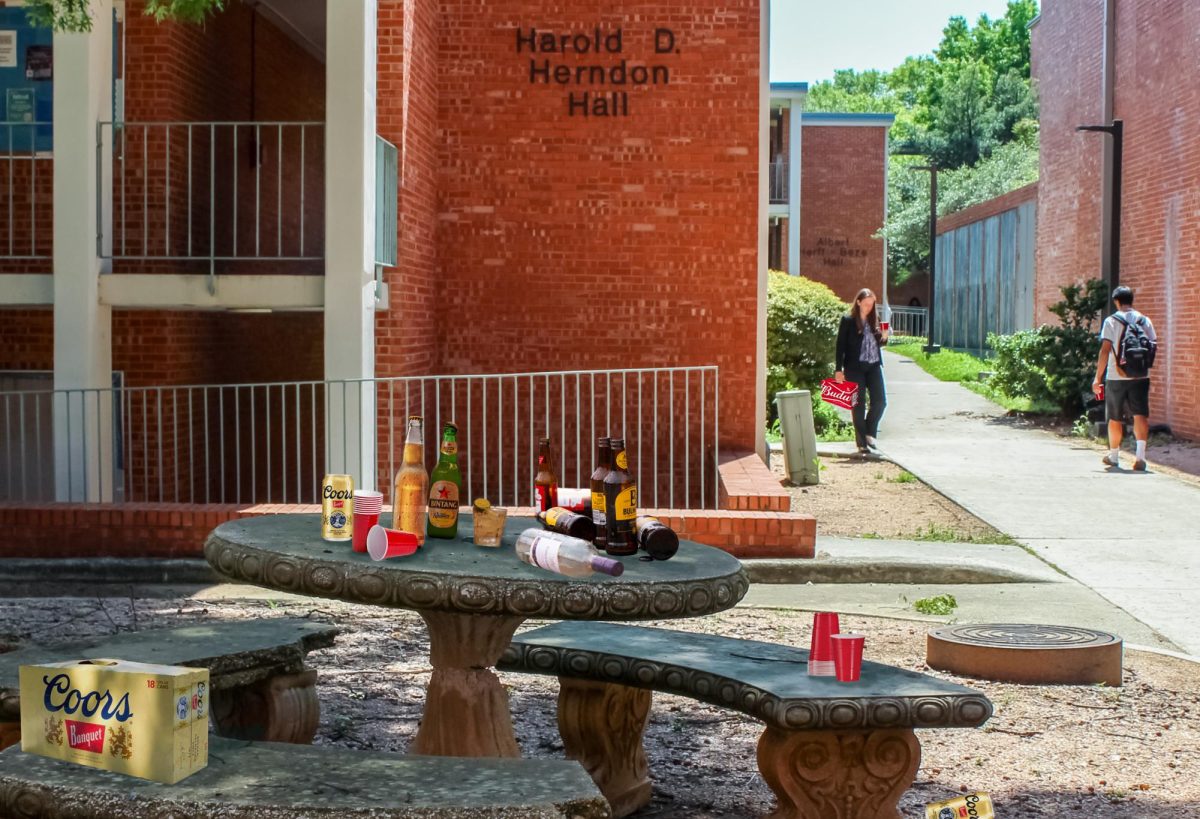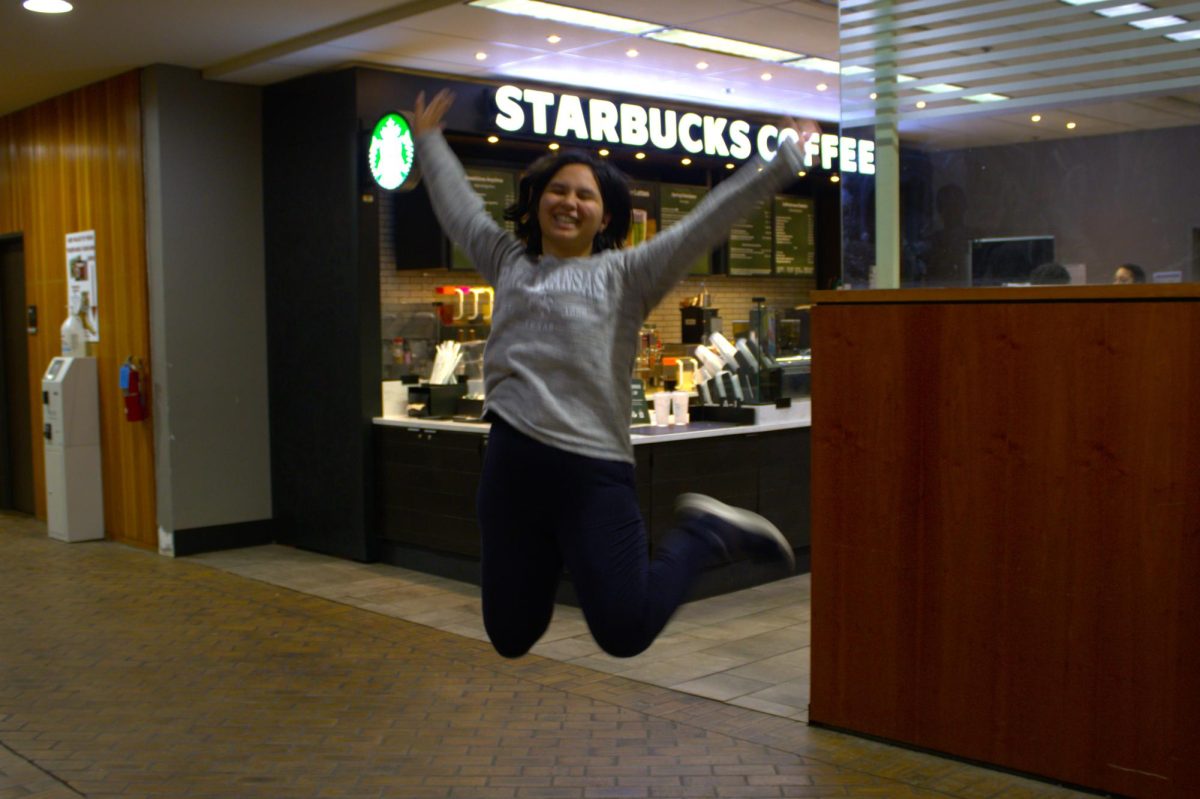On Friday, Nov. 2, members of the University Curriculum Council agreed to table the student activity block in order to create an ad-hoc committee of students, faculty and staff members to investigate the likely effects of the proposed change.
According to Sal Perdomo, president of the Student Athlete Advisory Committee, creating an ad-hoc committee is the next step in the process and forces all parties to take into consideration the concerns of the faculty and staff, so as to allow proponents of the student activity block to craft a proposal that works for everyone affected by the potential change.
“We heard a lot of new ideas at the town hall meeting on Thursday,” Perdomo said. “This is just the next step “¦ now we need to work out all of the kinks in the proposal.”
In light of feedback from faculty, proponents of the student activity block made changes to the proposed plan.
The new proposal moves the student activity block from 4-6 p.m. to 4:30-6:30 p.m. and changes the start time of classes from 8:30 a.m. to 8:00 a.m.
“With the old proposal, we lost a few timeslots for classes,” said Sheryl Tynes, associate vice president for academic affairs, curriculum and student issues. “With the new proposal, we’re keeping the same number of timeslots for classes that we had before.”
While the new proposal addresses some of the concerns voiced by the faculty, some argue that it also creates its own unique problems. For example, moving class times from 8:30 a.m. to 8:00 a.m. could reduce early morning class sizes even further.
“In my experience, students flee from the 8:30 classes,” said Steven Luper, chair of the philosophy department. “If we started at 8:00 a.m., it would be even harder to get students to attend those classes.”
The new proposal also creates back-to-back three-hour seminars. While this change addresses the concern over the lack of timeslots for three-hour seminars, it also poses new difficulties.
“On Monday, we have two slots for three-hour seminars “”one right after the other. In our department, we want to spread out our courses so that our majors can take the classes they would like,” said Damian Caluori, assistant professor of philosophy. “Asking students to potentially attend two three-hour seminars in a row is too much to ask.”
Additionally, Luper voiced concerns that the proposed activity block might not be in the best interest of the general student body.
“I think if students surveyed themselves, they probably wouldn’t like the idea,” Luper said. “If you carve out the block, that will help the athletes, but all of the other students are squashed into a smaller block. It’s hard for me to see how that is in the interest of most students.”
While there are concerns as to the effects of the student activity block, Tynes said the need is apparent.
“Every week I get emails saying that this is not working,” Tynes said. “Students are caught in the middle.”
In the midst of faculty concerns Tynes also said that the focus must be set on the students.
“It really is about the students, even though it does hugely affect the faculty,” Tynes said. “Implementing the student activity block is a way of making good on the promise we make to incoming students that they will be able to balance their participation in organizations and athletics with their academic workload.”
The proposal for the student activity block moves forward with the creation of the ad-hoc committee and the request for academic departments to give the student activity block a trial run. Increasing communication is also a key goal of the proponents for the student activity block.
“I am delighted that people are talking to each other,” Tynes said. “To get people talking to each other about the issue is huge.”







